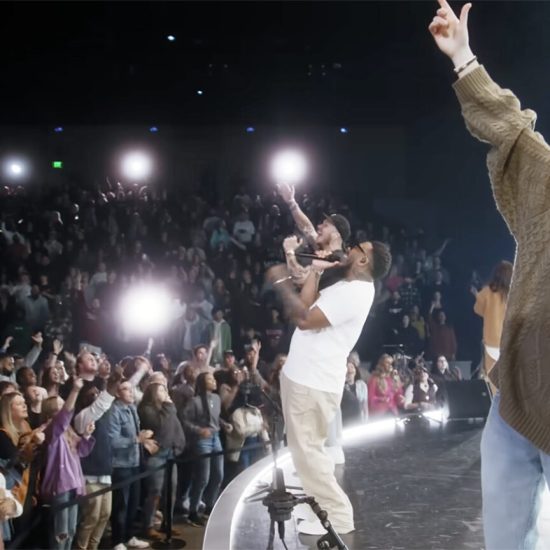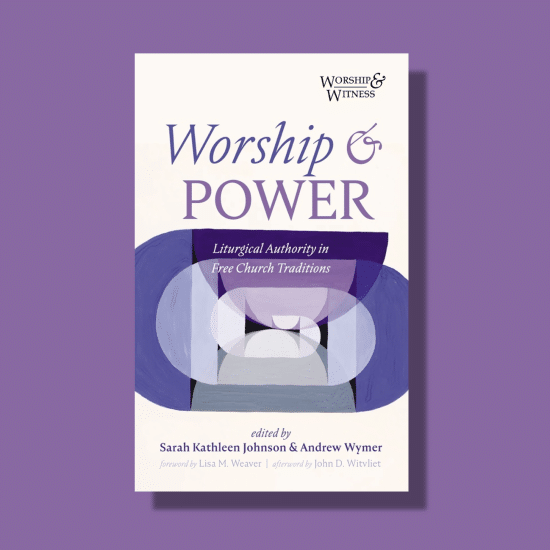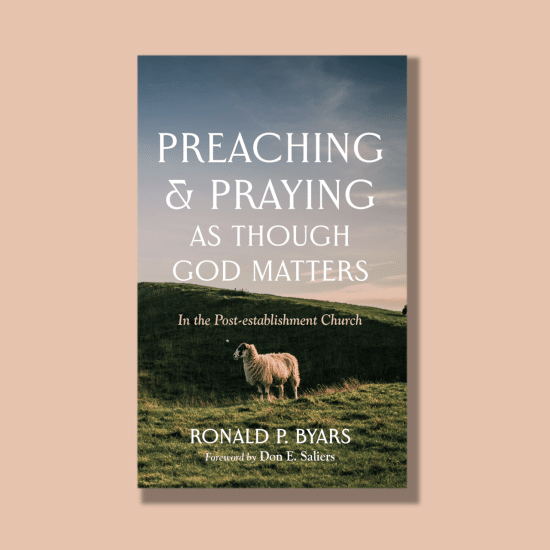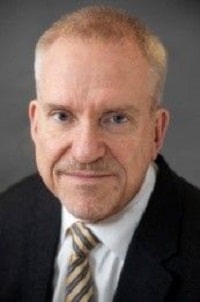ST. LOUIS — The shooting and death of an Illinois pastor brought Steve Heidke face-to-face with

A St. Louis County SWAT team member presents information to help houses of worship discover ways to protect themselves from violence. (MBU photo)
|
the reality of the vulnerability of most churches and synagogues. That reality birthed training for houses of worship in the St. Louis area and involved law enforcement at all levels.
On May 6, Missouri Baptist University hosted its first House of Worship Crime Prevention Workshop at Heidke’s request. After a gunman walked into First Baptist Church, Maryville, Ill., killing pastor Fred Winters and wounding two others, MBU’s director of public safety felt “something had to be done,” he said.
“Criminals think of houses of worship as easy targets, so I brought a proactive and very practical idea of helping houses of worship crack down on crime to the vice presidents at Missouri Baptist University, who thought this would be a wonderful outreach program for our community,” Heidke explained.
“We had such a great response that we are considering offering another next year,” Heidke said in a phone interview on May 17.
Shortly after the Illinois shooting, the MBU chief’s home church asked him to develop a plan for the congregation should something like that ever happen to them. He had developed a plan for MBU in response to a Virginia Tech shooting rampage that killed 32 fellow students and faculty on April 16, 2007.
A couple of area churches approached him after learning about the plan he had developed for his congregation. “So I approached the university about doing a workshop for the region,” he said.
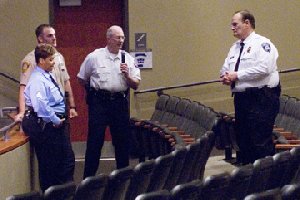
Creve Coeur Police Chief Glen Eidman (with microphone) answers questions during MBU's House of Worship Crime Prevention Workshop. Other law enforcement personnel wait to respond as well. (MBU photo)
|
The safety director is a graduate of the Missouri State Highway Patrol Academy and of Central Missouri State University’s Traffic Management Institute. He has served with the St. Francois County and the Jefferson County Sheriff’s departments and was security director and executive protection person for Monsanto Chemical Co. He has worked for MBU since 2002.
With 25 years in law enforcement, Heidke contacted individuals in his network to enlist the FBI, the Anti-Defamation League, the St. Louis County Sheriff’s Department and the city police department to lead several workshop sessions.
“We basically tried to teach them how to make safety a ministry that all could do — to empower all groups in the church to participate in safety.” Heidke explained. “For example, you can teach ushers and greeters clues to look for as people come in. People in the audiovisual box can be taught how to respond and call for help.”
Houses of worship are at risk for three primary reasons, Heidke said. Large numbers of people regularly attend. Worship centers have a high vulnerability factor, and they are the “softest” or most vulnerable targets.
More than 100 individuals attended the workshop, which included a review of security concerns, a demonstration for creating a security ministry and information about local, state and national law enforcement resources.
Workshop leaders encouraged participants to conduct a comprehensive review of their facilities, to develop a written assessment of their risk and to tap available resources.
Lack of knowledge about resources was the workshop’s most surprising aspect for Heidke. “The churches didn’t really realize what resources are already available free from local law enforcement, including training,” he said.
Heidke added that most larger city police departments have a community resource or community relations officer on staff. Most county sheriff’s offices have a similar staff position as well.
He also was surprised to discover that faith groups have no effective way to communicate with one another in the event of an emergency. “Since Virginia Tech, the universities have a network to immediately let everyone know. But there is no community interchange on an interfaith basis to let people know immediately when something happens,” he said.
Leading faiths to communicate was the best aspect of the workshop, Heidke believes. “It heightened awareness and it got different faiths to communicate about things that would improve security,” he said. “It got different faiths to talking.”


